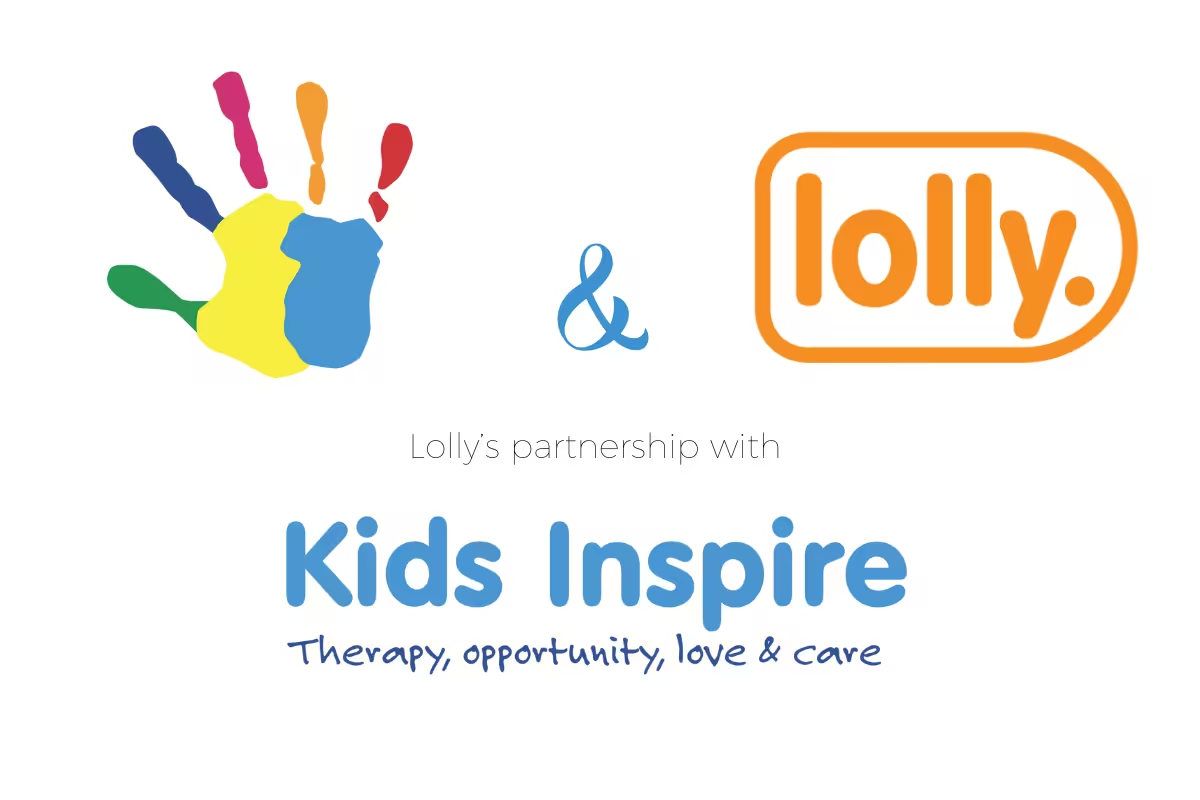Book a Demo
Please fill in the form, and we'll get back to you promptly with the information you need.
It’s Lolly Launches Carbon Food Scoring App

Another first into its digital suite of productsLolly carbon awareness tool gives the hospitality sector a real opportunity to be low carbonPuts the customer in control of their food choices
It’s Lolly, the hospitality technology specialist, has launched carbon food scoring functionality in its app. The new tool is designed to help customers to understand the carbon impact of the food and drinks they order.
The carbon food scoring tool is able to calculate the Co2e value1 for each product with an at-a-glance visual scale enabling the user to understand the CO2e score and where it is on a scale of low to high. These measures help customers understand the impact their food choices make on the planet. It helps to put them in control of making informed carbon food choices and reducing their individual carbon footprint.
They are advised, as an example, that an enchilada comes in at a score of 50 Co2e (medium), whereas fish and chips are rated very high at 300. When a customer makes their food choices, adding, deselecting or amending items, they can see the ordering system adding up or subtracting the overall carbon rating. Uniquely, operators can send encouraging messages relating to the CO2e such as ‘your CO2e is 100 Co2e against an average of 200 Co2e’. And as they can see the score by individual product – they are knowledgeable about how environmentally sound their decisions are. A major client of It's Lolly, who is lauching this functionality is committed to combining the Co2e of all its staff, and offsetting it monthly.
Peter Moore, CEO at Lolly, comments: “Just as it has become mandatory for some businesses to clearly and prominently display calorie counts, at the point of choice, it could only be a matter of time before sustainability measures are a ‘licence’ to operate. In which case, we’re helping our hospitality customers get ahead of the game.
“With the UK government’s drive to slash carbon emissions by 78% by 2035 and reach Net Zero by 2050, businesses are under increasing scrutiny and will be subject to ever-stricter regulatory requirements not only to measure and report on their energy use, but to report on how they plan to decarbonise.
“Over the last few decades, we have moved from brands that ‘look good’ to brands that ‘do good’. Ethical consumerism in the food sector is growing and now wider society expects brands to act as corporate citizens and demonstrate how they play their part in finding solutions that add care of the planet and people to their measures of success.
“Once the consumer has all of the CO2e facts they can decide how they manage their carbon scores, giving them choice. Harnessed well, this will enable hospitality providers to align with their customers’ preferences and demonstrate how they are playing their part as corporate citizens, in turn, they’ll experience greater levels of customer loyalty.”
1 A greenhouse gas (GHG) is any gas in the atmosphere that absorbs and re-emits heat – the main gases that cause the planet’s atmosphere to warm are water vapour, carbon dioxide (CO2) methane (CH4) nitrous oxide (N2O) and ozone. Because greenhouse gases last in the atmosphere for different lengths of time the individual GHG has a global warming potential, known as GWP. This makes measuring the various greenhouse gases complicated and extremely time-consuming.
To simplify the measurement of these various gases Eurostat introduced the term carbon dioxide equivalent, CO2e. It is a term for describing CO2 and all of the other greenhouse gases in a common single unit. For any quantity and type of greenhouse gas CO2e signifies the amount of CO2 which would have the equivalent global warming impact – this measure helps us to have a more accurate picture overall.
Frequently Asked Questions
Related Posts
See all posts
Lolly And Lloyds To Launch Pay By Bank System At Open Banking Expo
Lolly, the UK-based hospitality technology specialist, has collaborated with Lloyds to develop an innovative Pay by Bank system, which will be showcased at the upcoming Open Banking Expo.

Together We Inspire- Lolly x Kids Inspire Partnership
We’re proud to announce our new charity partnership with Kids Inspire, a children's mental health charity offering free trauma support to families who otherwise couldn't afford it.

Natasha's Law, Hospitality Business & Kitchen Management
For food businesses across the UK, food labelling has always been an important part of maintaining trust and safety. But following a tragic incident in 2016, the conversation around allergens became much more urgent.
Subscribe to our Newsletter.
Subscribe to our newsletter to get a curated summary of our latest insights delivered to your inbox monthly. No sales pitches, no spam — ever.


